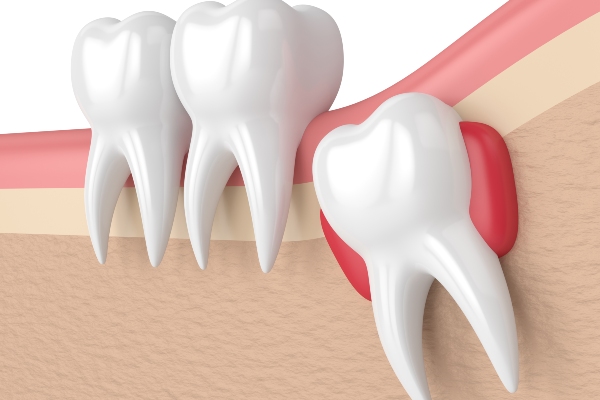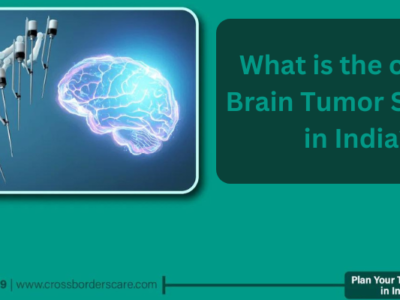
Dental implants have revolutionized the field of dentistry, offering a permanent solution for missing teeth. Unlike dentures or bridges, implants are anchored directly into the jawbone, providing stability and functionality similar to natural teeth. Here are some advantages of dental implants:
Natural Appearance:
Dental implants closely resemble natural teeth, both in appearance and function. They are custom-made to match the color, shape, and size of your existing teeth, ensuring a seamless smile.
Durability:
Implants are designed to last a lifetime with proper care. Made from biocompatible materials such as titanium, they integrate with the jawbone, becoming a permanent part of your mouth.
Improved Oral Health:
Unlike traditional tooth-supported bridges, implants do not require adjacent teeth to be altered or trimmed down. This preserves the integrity of surrounding teeth and promotes better oral health in the long run.
Enhanced Comfort:
Dental implants eliminate the discomfort and inconvenience associated with removable dentures. Once in place, they feel and function just like natural teeth, allowing you to eat, speak, and smile with confidence.
Prevent Bone Loss:
When a tooth is lost, the underlying jawbone can begin to deteriorate over time. Dental implants stimulate bone growth and prevent further bone loss, maintaining facial structure and preventing premature aging.
Types of Dental Implants
There are several types of dental implants available, each catering to different needs and preferences:
Endosteal Implants:
These are the most common type of dental implants and involve surgically placing titanium posts directly into the jawbone. Once the surrounding gum tissue has healed, a prosthetic tooth is attached to the implant, creating a strong and stable foundation.
Subperiosteal Implants:
Unlike endosteal implants that are placed within the jawbone, subperiosteal implants are positioned on top of the jawbone but underneath the gum tissue. This type of implant is ideal for patients who have insufficient bone height or density for traditional implants.
All-on-4 Implants:
All-on-4 implants are a revolutionary solution for patients missing a full arch of teeth. This technique involves anchoring a complete set of prosthetic teeth to just four strategically placed implants, providing a secure and efficient restoration option.
Zygomatic Implants:
In cases where patients have experienced significant bone loss in the upper jaw, traditional implants may not be feasible. Zygomatic implants utilize the cheekbone (zygoma) as a stable anchor for implants, bypassing the need for bone grafting procedures.
Mini Implants:
Mini implants are smaller in diameter compared to traditional implants and are often used in cases where there is limited space or bone density. They can be a suitable option for patients who are not candidates for standard implants due to bone loss or other factors.
How to Fix a Chipped Tooth
A How To Fix Chipped Tooth can be both unsightly and uncomfortable, but there are several treatment options available to restore its appearance and functionality:
Dental Bonding:
Dental bonding involves applying a tooth-colored composite resin to the chipped area of the tooth. The resin is sculpted to match the natural contours of the tooth and hardened with a special light, restoring its shape and appearance.
Porcelain Veneers:
Porcelain veneers are thin shells that are custom-made to cover the front surface of the tooth. They can be used to conceal chips, cracks, stains, and other imperfections, providing a durable and natural-looking solution.
Dental Crowns:
If the chip is significant or affects the structural integrity of the tooth, a dental crown may be recommended. Crowns are custom-made caps that cover the entire visible portion of the tooth, restoring its strength, shape, and function.
Tooth Contouring:
Also known as enameloplasty, tooth contouring involves reshaping the chipped tooth by removing small amounts of enamel. This quick and painless procedure can improve the appearance of minor chips and rough edges.
Dental Implants:
In cases where a chipped tooth cannot be repaired using conservative methods, or if the damage is extensive, dental implants may be considered. Implants provide a permanent solution for replacing missing or damaged teeth, restoring both function and aesthetics.
Conclusion
Whether you’re considering dental implants to replace missing teeth or seeking treatment for a chipped tooth, modern dentistry offers a range of effective solutions to restore your smile. By understanding the different types of dental implants available and the various treatment options for chipped teeth, you can make informed decisions about your oral health and achieve the beautiful, healthy smile you deserve.









